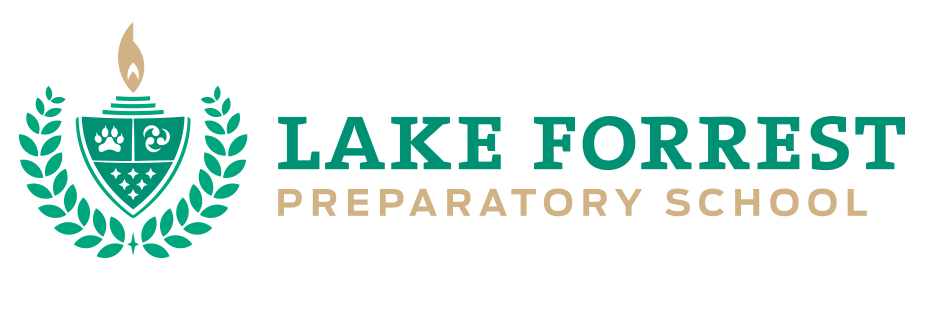Technology has become an integral part of education — revolutionizing the way students learn and teachers teach. In private school settings, where resources may be more abundant, the integration of technology is often more prevalent. However, finding the right balance between traditional teaching methods and modern technology is crucial for ensuring students receive a well-rounded education.
Technology — especially computers — offers numerous benefits in private school classrooms. It provides access to vast amounts of information, facilitates interactive learning experiences, and allows for personalized instruction tailored to individual student needs. From educational software and multimedia presentations to online research and collaborative projects, computers can enhance the learning process in various ways.
Moreover, incorporating technology in education prepares students for the digital world they will encounter in their future careers. Proficiency in using computers and other digital tools is increasingly essential in today’s job market, making it imperative for students to develop these skills early on.
However, while technology can be a powerful educational tool, it’s essential to use it responsibly and in moderation. Here are some tips for ensuring responsible technology use for children:
- Set Limits: Establish clear guidelines for how much time children should spend using technology each day. Balance screen time with other activities such as outdoor play, reading, and social interactions.
- Monitor Content: Monitor the content your child accesses online and ensure it is age-appropriate and educational. Utilize parental control features and regularly review browsing history to stay informed about your child’s online activities.
- Encourage Balance: Encourage a balanced approach to technology use by promoting a variety of activities both on and off-screen. Encourage hobbies, sports, and creative pursuits that don’t involve technology.
- Teach Digital Citizenship: Educate children about the importance of responsible online behavior, including internet safety, privacy, and respectful communication. Teach them to critically evaluate online information and distinguish between reliable sources and misinformation.
- Lead by Example: Model responsible technology use by demonstrating healthy screen habits yourself. Limit your own screen time, engage in face-to-face interactions, and prioritize activities that promote physical and mental well-being.
- Promote Offline Learning: Encourage hands-on learning experiences that don’t rely on technology, such as experiments, arts and crafts, and outdoor exploration. Foster a love for learning that extends beyond the digital realm.
At Lake Forrest Prep, we know that technology has the potential to enrich the educational experience in private school settings, but finding the right balance is key. By promoting responsible technology use and incorporating a variety of learning activities, we help our students benefit from the advantages of technology while also developing essential life skills and a well-rounded education.

